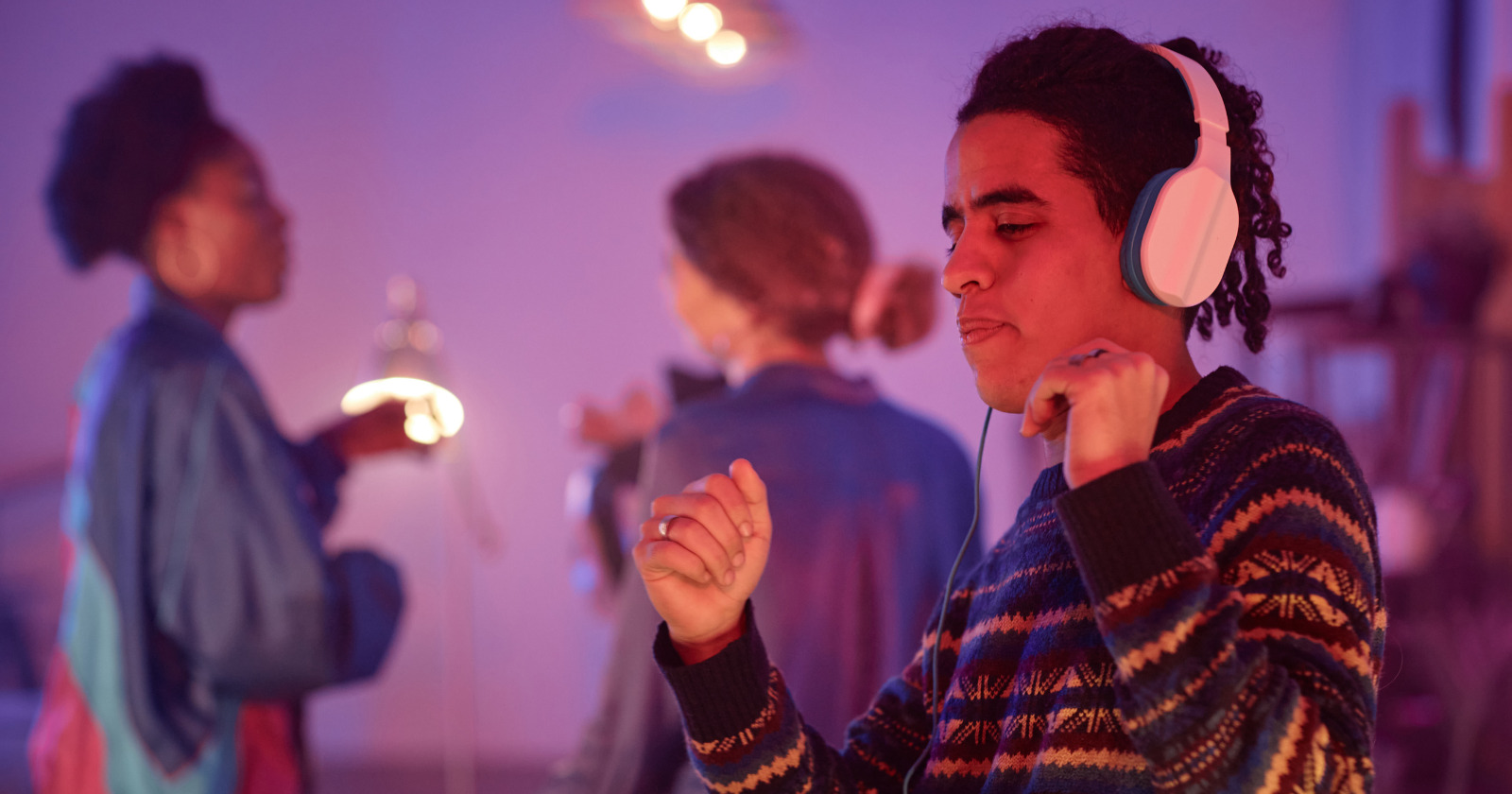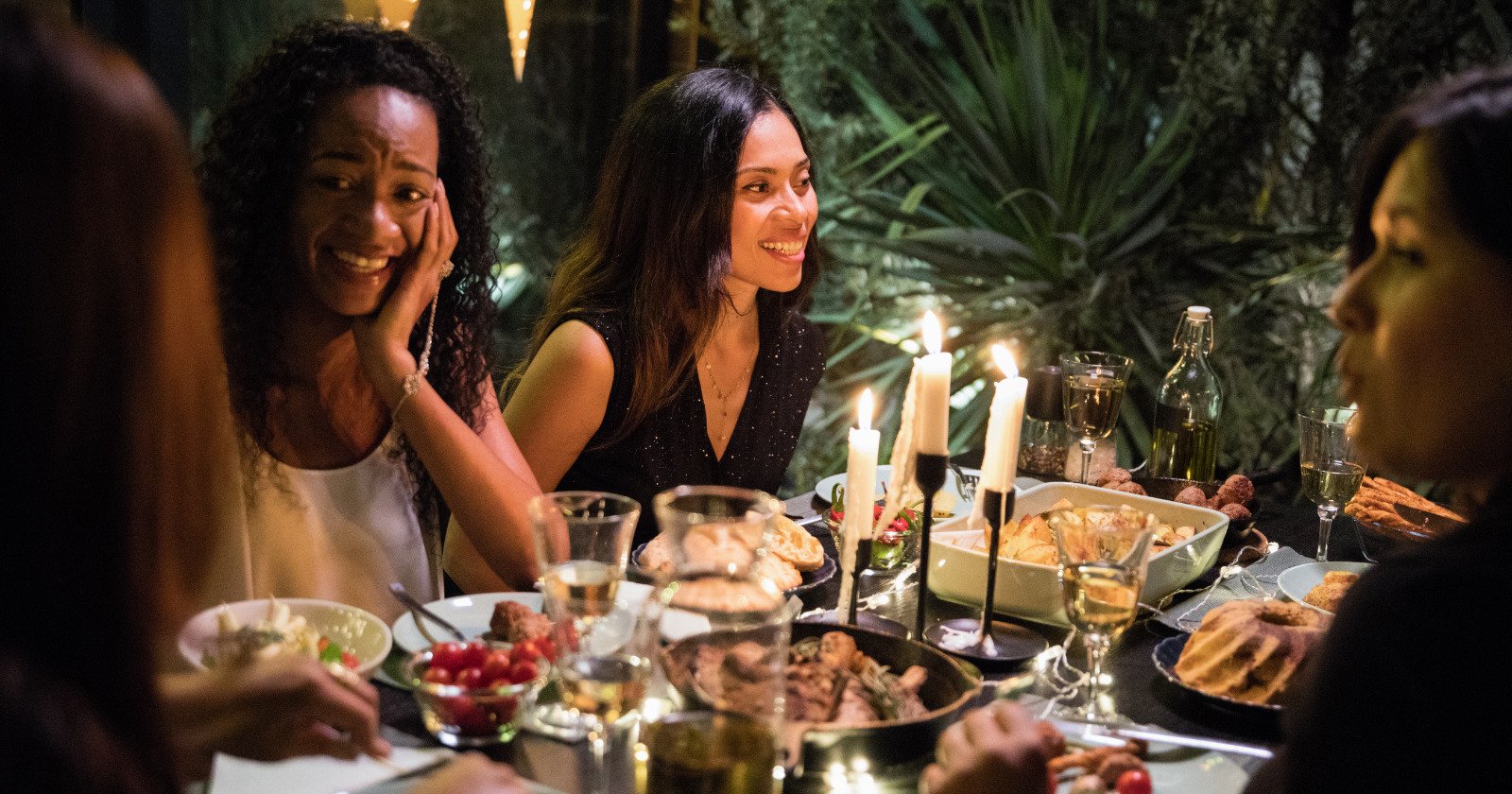When someone avoids shopping malls on the weekend or looks anxious at a lively party, he may feel depressed. If someone prefers a quiet corner to a busy center, he may not be shy, but just trying to cope.
Ah, the human psyche – layered and tangled like a labyrinth.
However, certain behaviors can signal that a person feels overwhelmed in crowded places. It’s not always clear or easy to spot, but according to psychologists, these people typically exhibit 8 specific behaviors.
Let’s solve this mystery together.
1) Preference for quiet corners
Imagine walking into a room full of people. For many, the center of the room is where the action happens, where laughter echoes and conversation flows freely.
But for those who are overwhelmed by crowded areas, they will usually head straight for the quiet corners.
Why? Because it’s their way out of the chaos, it’s their sanctuary in the maelstrom of noise and movement.
They’re not necessarily shy or antisocial, it’s just that crowded spaces can be too much for them to handle, so they retreat to a quieter, less chaotic space to breathe and collect their thoughts.
This behavior, according to psychologists, is one of the telltale signs that someone tends to feel overwhelmed in crowded places.
Interesting, isn’t it?
2) anxiety during social gatherings
You know, I’ve never been a big fan of big social gatherings. It’s not that I don’t like people, I actually enjoy one-on-one conversations or small groups. But put me in a room full of lively activity and I’m off feel my heart rate go up.
Suddenly every noise is louder and every movement is too fast and too close. It’s like the walls are closing in on me.
According to psychologists, this intense anxiety in crowded places is another common behavior exhibited by people like me who tend to feel overwhelmed in such environments.
So if you’ve ever noticed someone at a party who looks a little restless or anxious for no apparent reason, they might just be feeling overwhelmed by the crowd.
It’s not easy, but understanding these behaviors can help us be more compassionate and patient with those who struggle in crowded places.
3) avoiding peak hours
Here’s something you might not have thought about: Did you know that some people purposely avoid places during peak hours, not because they don’t like waiting or queuing, but because the crowds can be overwhelming?
Psychologists have found that people who feel overwhelmed in crowded places often plan their daily routines around less busy times. They may shop early in the morning or late at night, eat at off-peak times, and even choose to work when the office is less crowded. :
This behavior, while seemingly simple, is actually a subconscious coping mechanism.By avoiding rush hour, they are able to spend the day with less anxiety and stress.
This is another sign of how the human mind is adapting to make our lives more comfortable and manageable.
4) frequent need for breaks
Have you ever noticed someone at a busy event who often steps outside for fresh air? It may be more than just a need for some quiet time. Psychologists suggest that people who feel overwhelmed in crowded places often do need breaks to recalibrate.
It’s like hitting the reset button. They step out, take a deep breath, and let their senses calm down before diving back into the crowd.
This behavior is a natural response to sensory overload.By taking frequent breaks, they give their minds the space they need to process and cope with overwhelming stimuli.
So if you’ve ever wondered why someone keeps disappearing and reappearing at an event, it could be their way of managing the overwhelming feeling of being in a crowded space.
5) Using headphones

Now, I must admit, I often wear headphones when I’m in crowded places. It might sound a little anti-social to some, but it’s actually a coping mechanism for me.
Psychologists suggest that wearing headphones can create a kind of “personal bubble” that helps to dampen the overwhelming noise and activity in crowded places.To me, it’s like creating a small sanctuary of calm in a storm.
I choose soothing music or soothing sounds to create an atmosphere that helps me relax and focus in the midst of chaos.
If you see someone wearing headphones in a crowded place, don’t assume they’re uncommunicative. They might just be trying to control their feelings of exhaustion, like I do.
6) engaging in repetitive activities
You might think that someone feeling overwhelmed would try to minimize their movements or actions, but psychologists have found quite the opposite.
People who feel overwhelmed in crowded places often engage in repetitive activities, such as tapping their fingers, fiddling with jewelry, or constantly drinking.
At first glance, this may seem like a sign of anxiety or impatience, but in reality, these repetitive actions serve as a grounding mechanism that helps them manage their anxiety and regain focus.
This is one of those unexpected behaviors that shows how adaptable and flexible the human mind can be when faced with challenging environments.
7) preference for online interactions
In this digital age, most of us enjoy the comfort and convenience of online interaction, but for people who feel overwhelmed in crowded places, this preference can go a little deeper.
Psychologists hypothesize that these people often prefer online interactions rather than face-to-face.They communicate more easily via text or voice chat than navigating crowded social events or public spaces.
Online, they can control the pace and intensity of the interaction, making it a much more comfortable and less overwhelming experience.
So if you know someone who prefers a text conversation over a coffee date or a Skype call over a party invitation, they might be one of those people who find crowded spaces overwhelming.
8) Selective socialization
According to psychologists, the most important behavior is selective socialization. People who feel overwhelmed in crowded places tend to be cautious about the social events they attend.
They prefer smaller, more intimate gatherings over large parties or events, and are more comfortable with familiar faces and environments that allow them to engage on a deeper level without the stress of navigating crowds.
This selective socializing is not about being aloof or uninteresting, but rather a way to experience social connections without the overwhelming stimuli of crowded spaces. It is their way of balancing their need for social interaction with their need for emotional health.
In reflection
If you’ve traveled this far with me, you may have gained a new perspective on people who feel overwhelmed in crowded places.
Feeling depressed isn’t a sign of weakness or being antisocial. It’s just a response to stimulus overload that some people are more sensitive to. And that sensitivity can often make those individuals incredibly compassionate, understanding, and considerate.
Remember that we all navigate the world differently. Some of us thrive in the heart of the crowd, while others find solace in quieter corners. Neither is better or worse, just different.
So the next time you see someone walking away from a crowd or putting on their headphones in a busy place, maybe you’ll see it not as strange behavior, but as evidence of human adaptability and resilience.
Because understanding these behaviors isn’t just about identifying who feels overwhelmed in crowded spaces, it’s about creating a more accepting and compassionate world where everyone feels understood and accepted for who they are.
